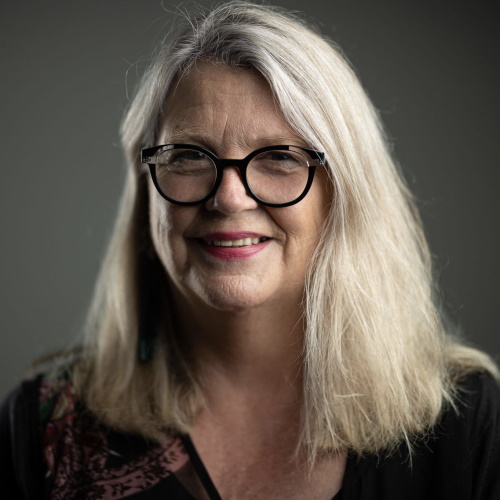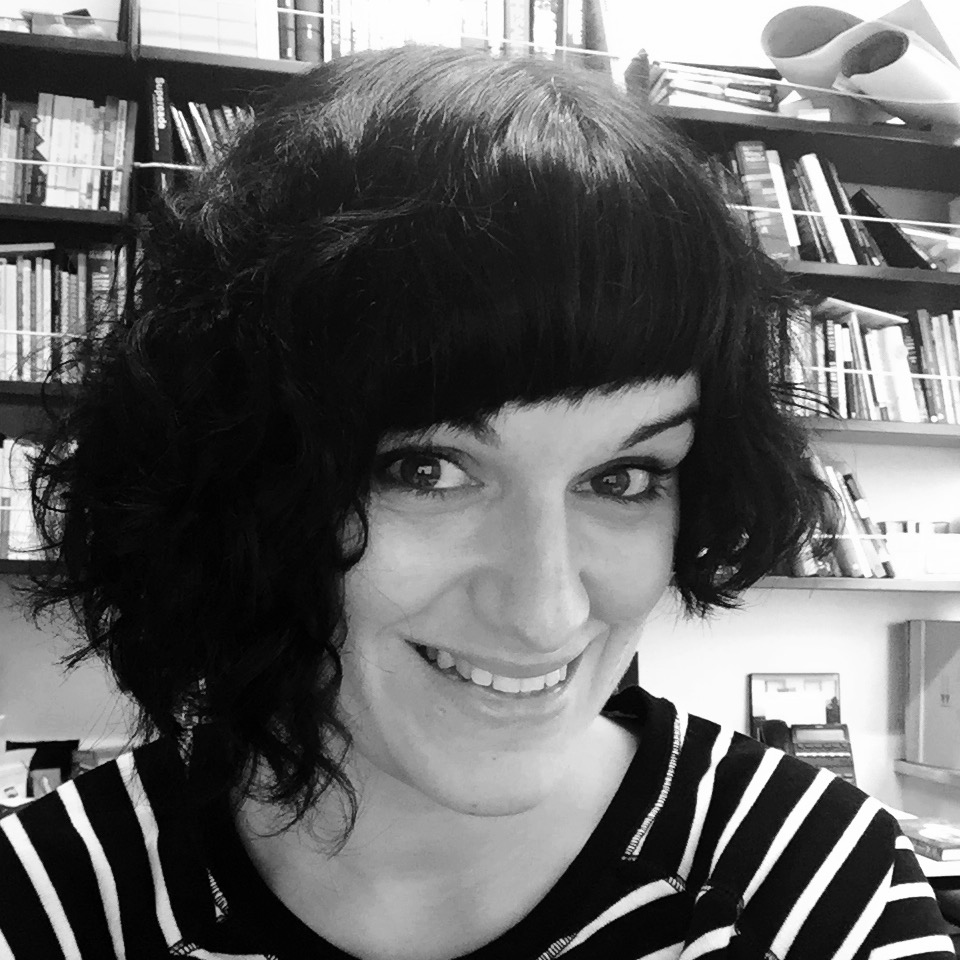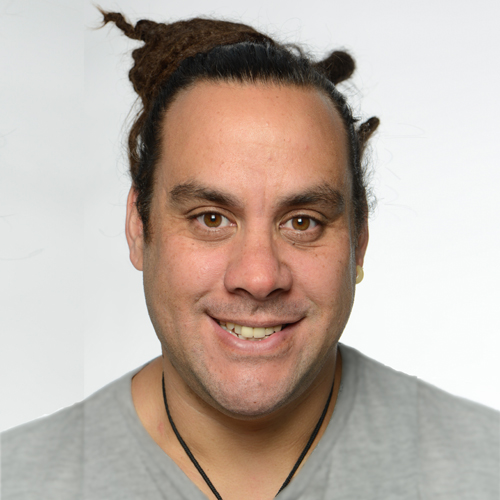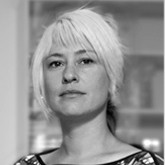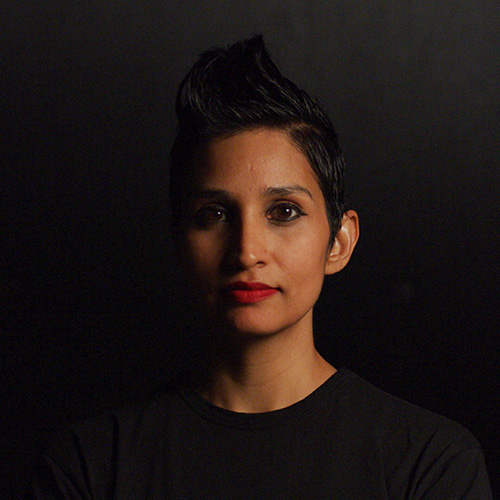Social Design Lab
The Social Design Lab positions social and cultural issues as highly relevant in contemporary design research.
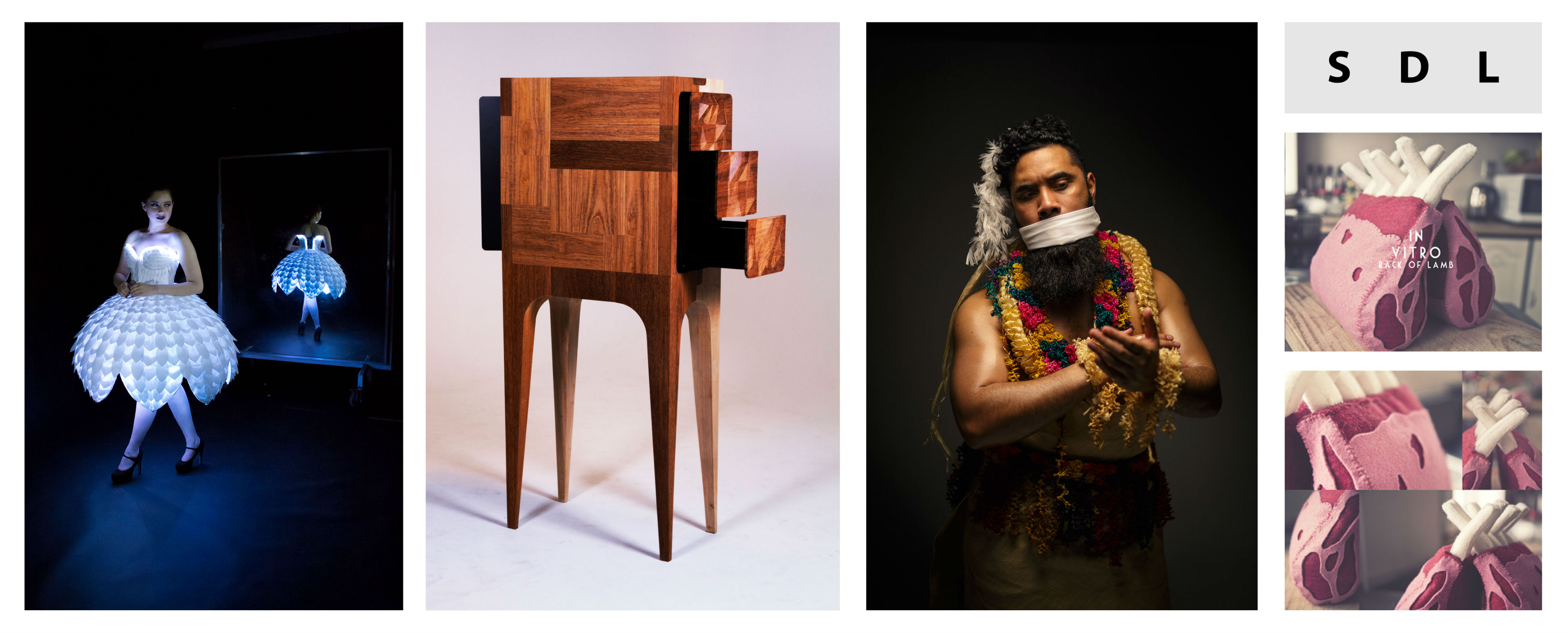
Overview
The Social Design Lab (SDL) acknowledges that over the past decade the role of design and designers has undergone a major shift as the discipline re-evaluates its contribution to society and the environment. Design is now asked to leverage processes that facilitate more positive, equitable, and sustainable outcomes through design.
SDL positions local and indigenous knowledge as highly relevant to contemporary design research and situates them as central points of departure within the diverse investigations undertaken. We include ethnographic and participatory approaches to enable the facilitation of designed solutions to the many social and cultural issues facing society today.
Research pods
SDL includes research pods that focus on social design, social impact, and social innovation. We also recognise shared fundamental commonalities around the cultivation of socially responsible design thinking and practices.
- Pod 1: Renegade Design – Nan O’Sullivan, David Hakaraia, Raqi Syed
- Pod 2: Transition Design – Nan O'Sullivan, David Hakaraia
- Pod 3: Media and Wearable Technology as Social Commentary – Anne Niemetz
Structured within the framework of the Social Design Lab are projects that require theoretical, critical, and creative research approaches. These investigations aim to result in meaningful outcomes that have a positive impact on socially focused issues. The results from these research projects will also have the capability to advance contemporary design thinking and practice.
By developing students' skills in critical and creative thinking, communication, and cross-disciplinary collaboration, SDL prepares students to become effective, socially responsible designers and leaders in the design community.
Research portfolio learning objectives
- Examine critically and demonstrate understanding of the existing body of knowledge, histories, theories, and contexts relevant to the research proposition
- Formulate effective research methods for the practice of research by design
- Apply creative and critical thinking and/or practice to the development and resolution of a research-by-design project and any associated outputs
- Evaluate and communicate, using appropriate or required formats and presentation modes, the development and resolution of the research by design
- Reflect on and critique the value of the research by design undertaken and how it expands and stimulates existing knowledge
- Structure a coherent research portfolio that clearly communicates findings and outcomes to both scholarly and industry-based audiences through a combination of appropriate media and formats
Current projects
Pod 1: Renegade design
Design as a discipline developed in the mid twentieth century, resulting in it being dominated by a working model that privileges a very western approach. This research pod proposes a change in where we seek to find new knowledge.
Renegade knowledge is knowledge produced by those who look beyond the accepted discipline practices and seek new ways, new answers. In all parts of the design discipline; game design, graphic novels, film, illustration, animation, web based design, product design and product branding, there is a growing demand for more inclusive, empathetic and culturally aware approaches.
Beyond this, diversity offers design the opportunity to engage with and learn from a plethora of visual and ideological practices and the opportunity to grow, empathize, communicate and have a positive impact on the growing number of social issues that affect our societies.
Staff
Beyond words
New Zealand is well known for its writers, poets, script writers and film makers. Forming an important part of this history are many Maori and Pasifika peoples whose cultures are well known for their visual storytelling capabilities.
Many of the narratives we celebrate challenge notions of self and truth and engage with issues of individual and collective importance. By engaging with the strategies and ideologies embedded in divergent methods of storytelling this research focus critically reviews historical, contemporary and speculative methods for the design, production and dissemination of cultural and social issues via visual narratives.
This new knowledge will enable students to become creative, articulate arbiters of socially responsible design through visual storytelling. As a guide to researching critical issues that impact society this research places significant importance on engagement with diverse and at times unheard voices and the unique world views embedded in their beliefs and practices.
Building on previous research undertaken in this pod, Beyond words invites students to investigate distinctive, different and perhaps confronting methods of communication and making, identify parallels and differences to current design processes, and offer strategies that enable integration or change within current design thinking and/or practice.
Pod 2: Transition design
Transition design acknowledges that we are living in transitional times. It advocates the re-conception of entire lifestyles, with the aim of making them more place-based, participatory, and appreciative of the interconnectivity between humans, objects, and nature. This research pod engages with the newly emergent global design provocation of 'transition design'. We seek to define more compelling future-orientated visions that can inspire and inform projects by designing with future generations in mind.
A transition to more sustaining and sustainable futures calls for new ways of designing and a deeper understanding of how to design for change and transition in what are complex times. Projects in this research pod will view their research though the Transition Design streams of thought. These include: indigenous knowledge, everyday discourse, futuring, and alternative economies and world views.
This stream is inter-disciplinary and welcomes multi-perspective and diverse approaches to research and design that can bridge and provide pathways to more inclusive, sustaining and positive futures.
Staff
Pod 3: Media and wearable technology as social commentary
How can we use interaction design to create rich and meaningful sensory experiences? How do we express identity, insight, criticism, and visions through new media and cross-disciplinary investigation?
As contemporary designers and media artists, we not only use digital media technology for creative expression, we also investigate the characteristics of the medium itself. What does it mean to enhance the human body through technology? How do these technologies change our behaviours?
By experimenting with, using, and misusing technology we can uncover new perspectives and insights. Research in this area includes the search for unique expressions in wearable technology, interactive performance and installation, and audio-visual design.
Staff
Contacts
Senior Lecturer
School of Design Innovation
Presenter
Senior Lecturer in Communication Design
Wellington Uni-Professional|School of Design Innovation
Senior Lecturer
School of Design Innovation · Media Design
Senior Lecturer · Programme Director MDT
School of Design Innovation

